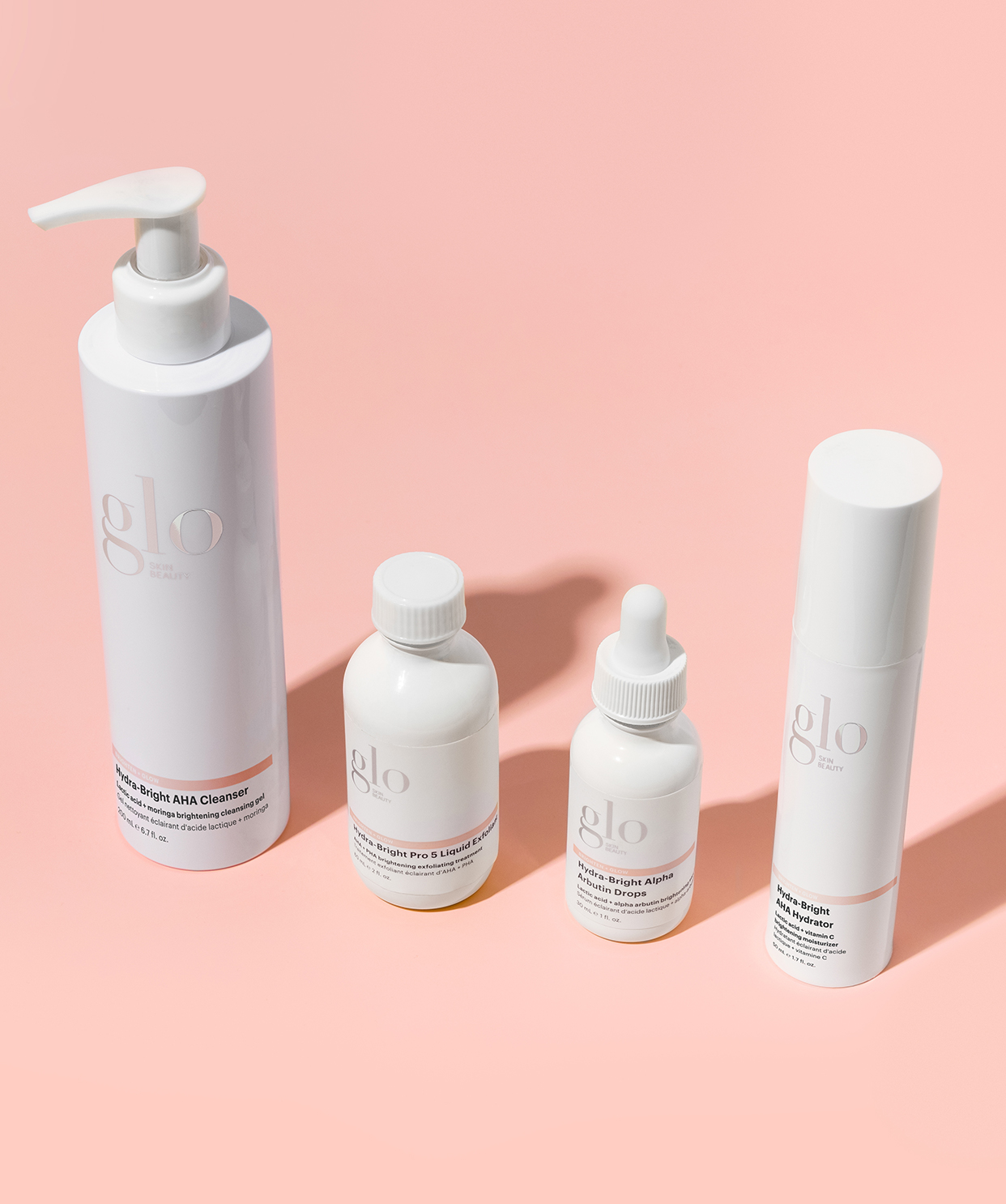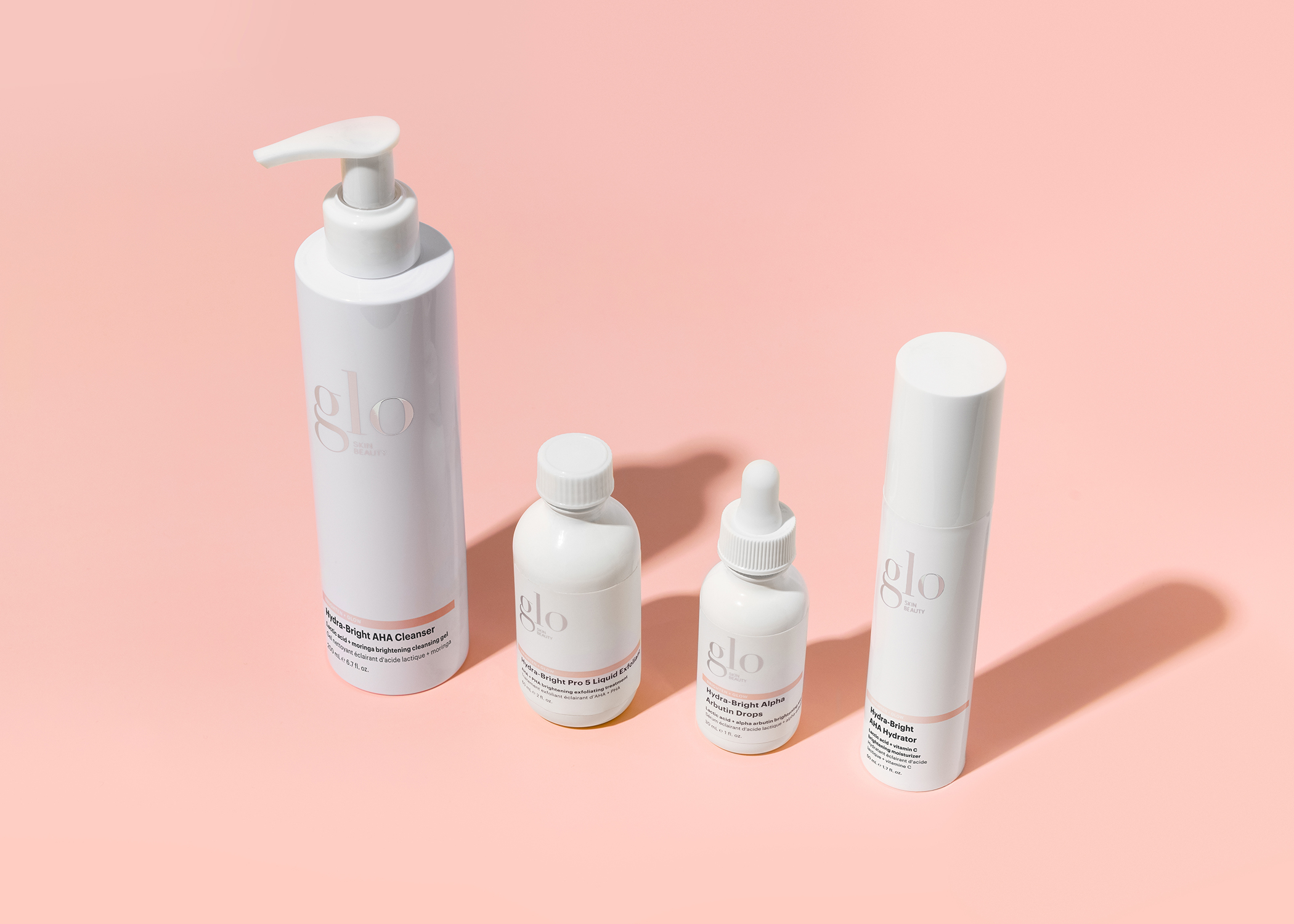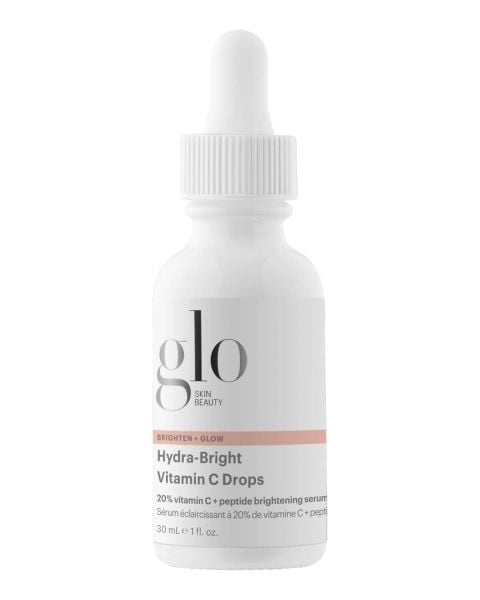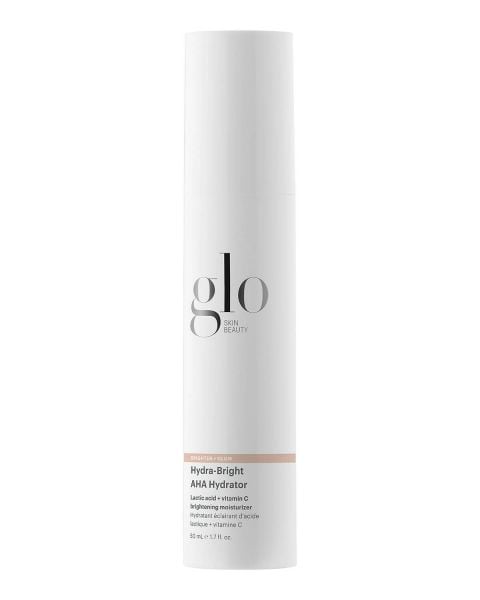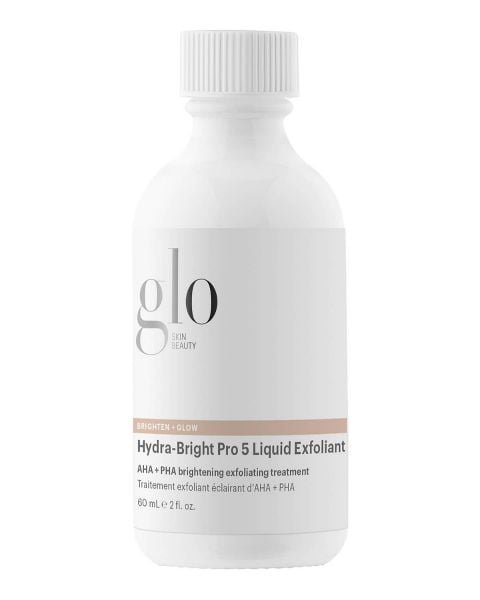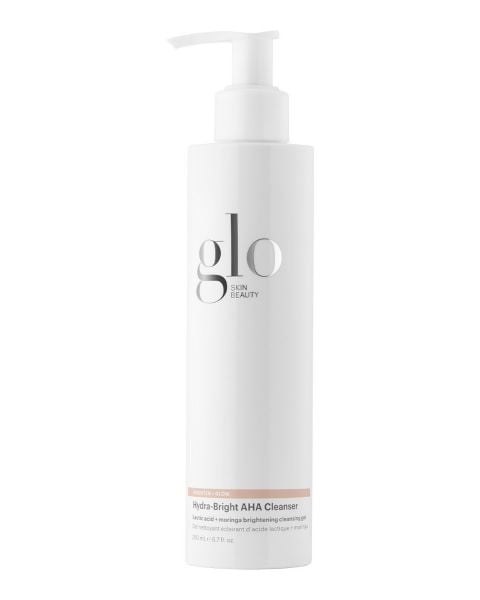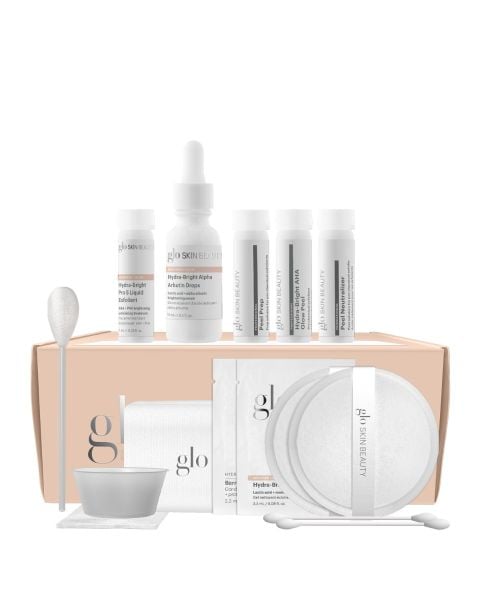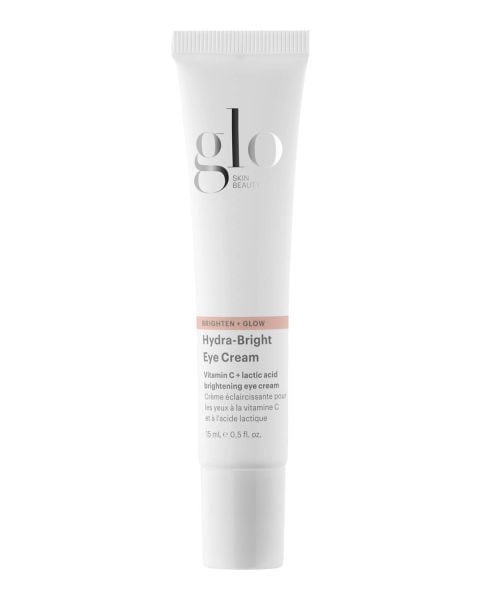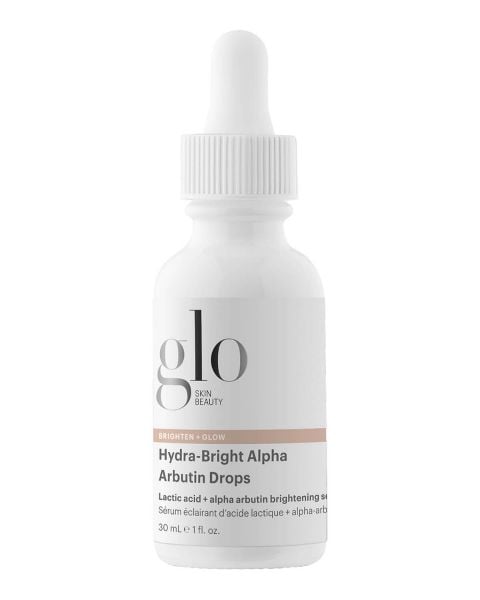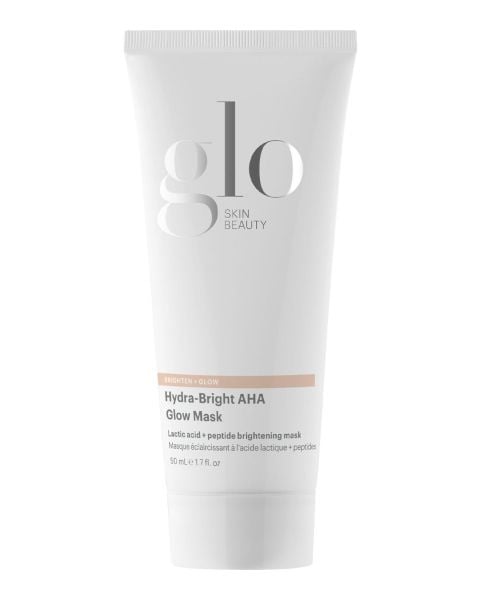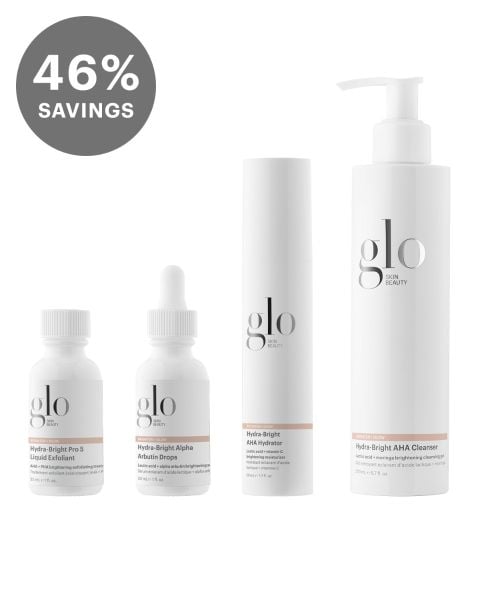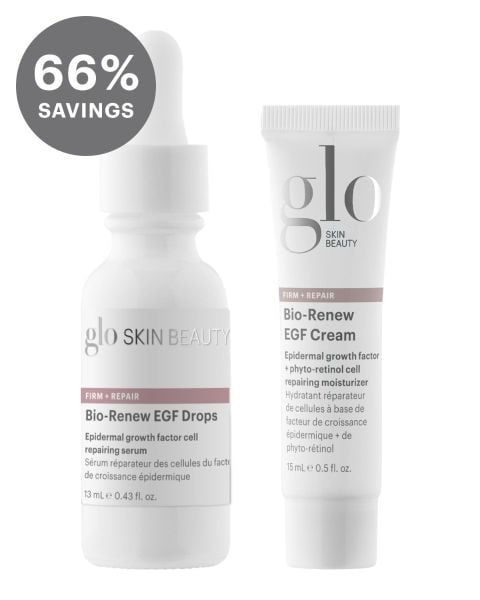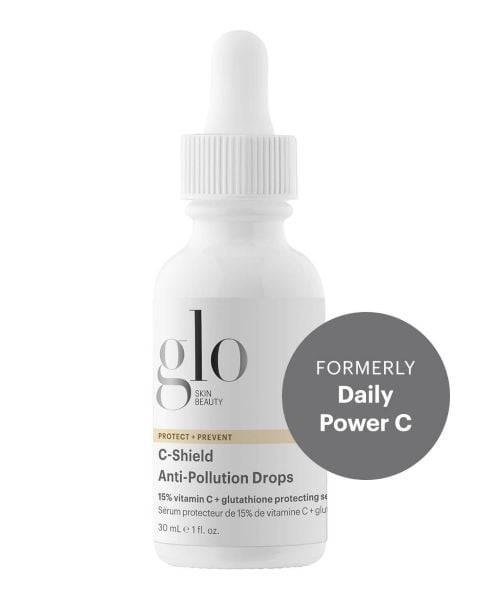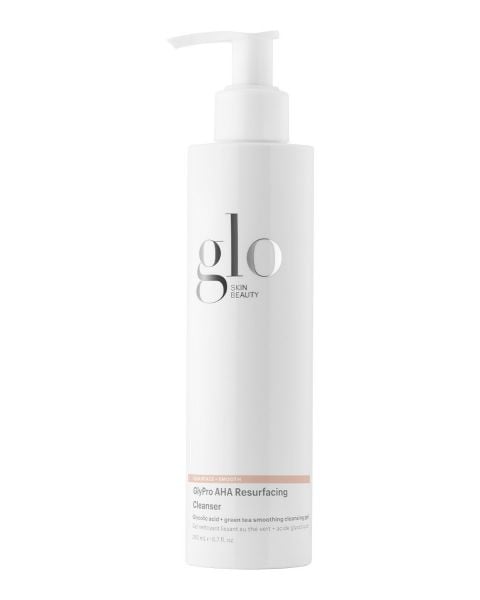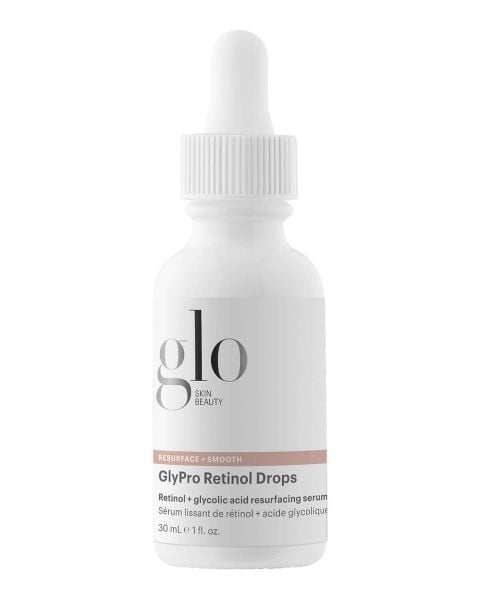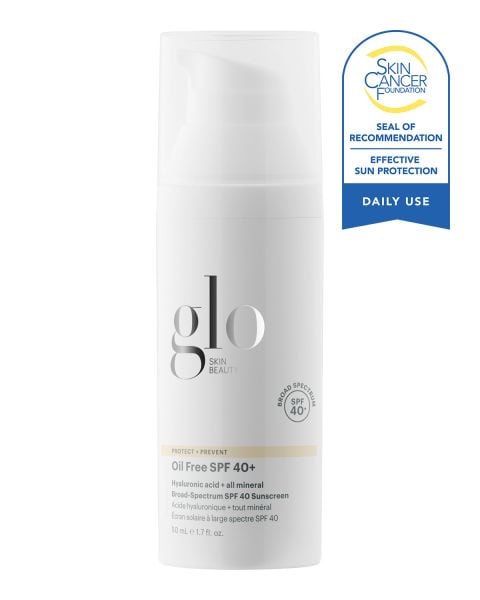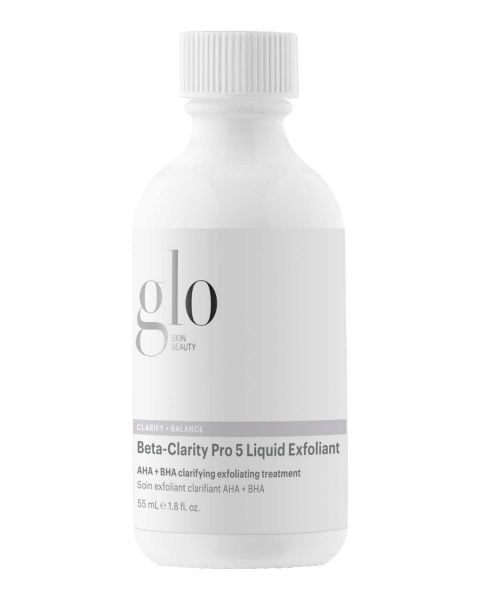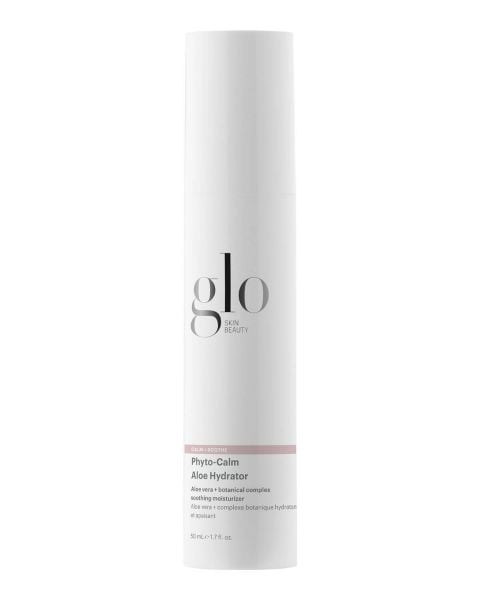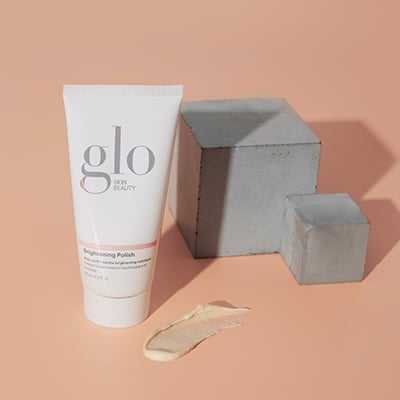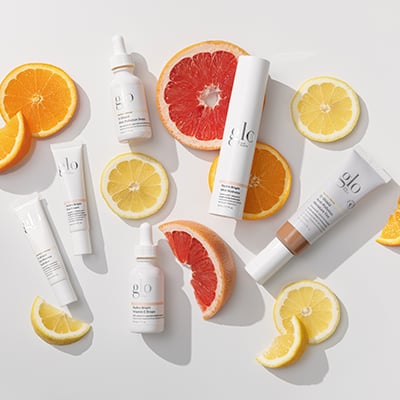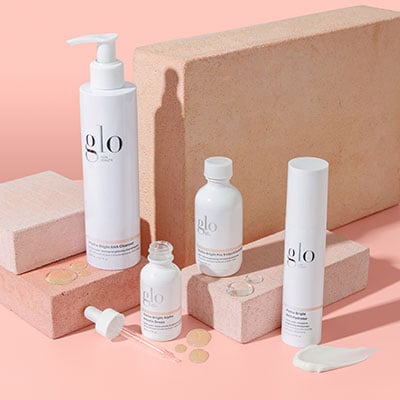Frequently Asked Questions About Hyperpigmentation
How do you get rid of hyperpigmentation fast?
If you’re looking for a hyperpigmentation treatment, understanding what can trigger it goes a long way to both resolving and preventing it. Sun exposure, post-inflammatory trauma (from breakouts or picking), and hormonal fluctuations are some of the most common culprits of this condition. To counteract this, try the following ways to practice pigmentation skin care:
- Prioritize skincare formulas powered by clinically proven brighteners like azelaic acid, lactic acid, vitamin C serums, and alpha arbutin drops. Regularly using these products is key to managing hyperpigmentation.
- UV exposure is one of the most persistent drivers of hyperpigmentation. Daily face sunscreen is non-negotiable. Even incidental sun can undo progress, so protect your skin rain or shine.
- For more stubborn pigment or deeper discoloration, consult your Glo Pro for a personalized plan. A professional peel series that’s tailored to your skin’s needs and paired with laser treatments like IPL or BBL can dramatically accelerate results and restore your radiance.
Can a face serum reduce hyperpigmentation?
Yes, a hyperpigmentation serum like alpha arbutin drops can help reduce the appearance of pigmentation concerns and even out skin tone for a brighter, glowing effect. You can also look for a brightening face serum that contains lactic acid and/or vitamin C to further nourish and maintain your skin.
Can vitamin C remove dark spots?
Vitamin C serums can brighten your skin, even out your skin tone, and prevent further UV damage. Adding a vitamin C anti-pollution serum into your daily routine offers a more concentrated, targeted approach to treating dark spots and hyperpigmentation. Glo offers potent 15% or 20% vitamin C drops, depending on your preference and tolerance.
Which product is best for discoloration?
Look for targeted brightening skincare solutions that contain natural brighteners like azelaic acid, alpha arbutin, lactic acid, and vitamin C. As these serums can vary in strength, the best product for discoloration will be the one your skin tolerates the most and that has the best result for you over time. You can also combine homecare with professional treatments too. Speak to your Glo Pro to find a plan that works for your needs.
Which hyperpigmentation cream is best for dark skin?
Different skin types need tailored treatments for hyperpigmentation. Darker skin tones, for instance, are often more susceptible to certain pigmentation challenges and may benefit from specific approaches. A well-formulated cream that effectively fades dark spots while maintaining skin health is paramount. Consultation with a dermatologist will ensure the best cream selection for your unique skin profile.
What is an ideal skincare routine for hyperpigmentation?
When it comes to treating hyperpigmentation, consistency is key. It all starts with a smart, skin-first ritual. Begin with a cleanser that clarifies and preps your skin for targeted treatments. Exfoliating your skin two to three times a week can help speed up cell turnover and fade discoloration more effectively. Finish with a moisturizer and mineral sunscreen every morning to protect your progress. At night, you can use a Vitamin C serum to brighten dark spots without oxidizing your skin to worsen pigmentation.
How do SPF and moisturizers help with hyperpigmentation?
Daily defense and hydration are essential steps in your glow-up journey. SPF protects against UV-triggered pigmentation and stops existing spots from deepening while a nourishing moisturizer supports your barrier and calms inflammation. These two are must-haves when targeting uneven tone. You can also layer in a serum with Vitamin C that delivers clinically proven, long-term results.


